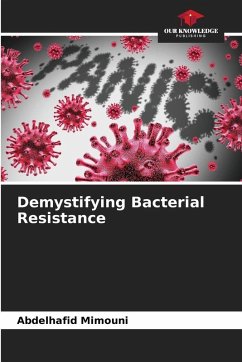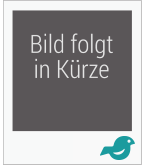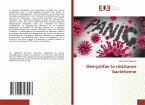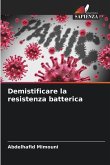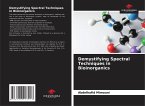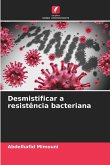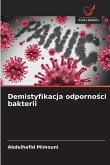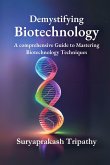Bacterial resistance to antibiotics is a growing threat to public health worldwide. It results from bioinorganic mechanisms, such as the interaction of bacteria with essential metals (iron, zinc) and the use of metalloenzymes to inactivate antibiotics. These processes enable bacteria to evade conventional treatments, making infections more difficult to treat. To counter this threat, new therapeutic approaches are emerging, such as the use of antibacterial metals, metal nanoparticles and metal chelators. At the same time, gene therapies and personalized medicine offer innovative solutions to resistant infections. The development of rapid diagnostic technologies and antibiotic stewardship strategies is crucial. A multidisciplinary approach, combining research, policy and international cooperation, is essential to limit the spread of resistance. Urgent, coordinated action on a global scale is needed to preserve the efficacy of antibiotics.
Bitte wählen Sie Ihr Anliegen aus.
Rechnungen
Retourenschein anfordern
Bestellstatus
Storno

